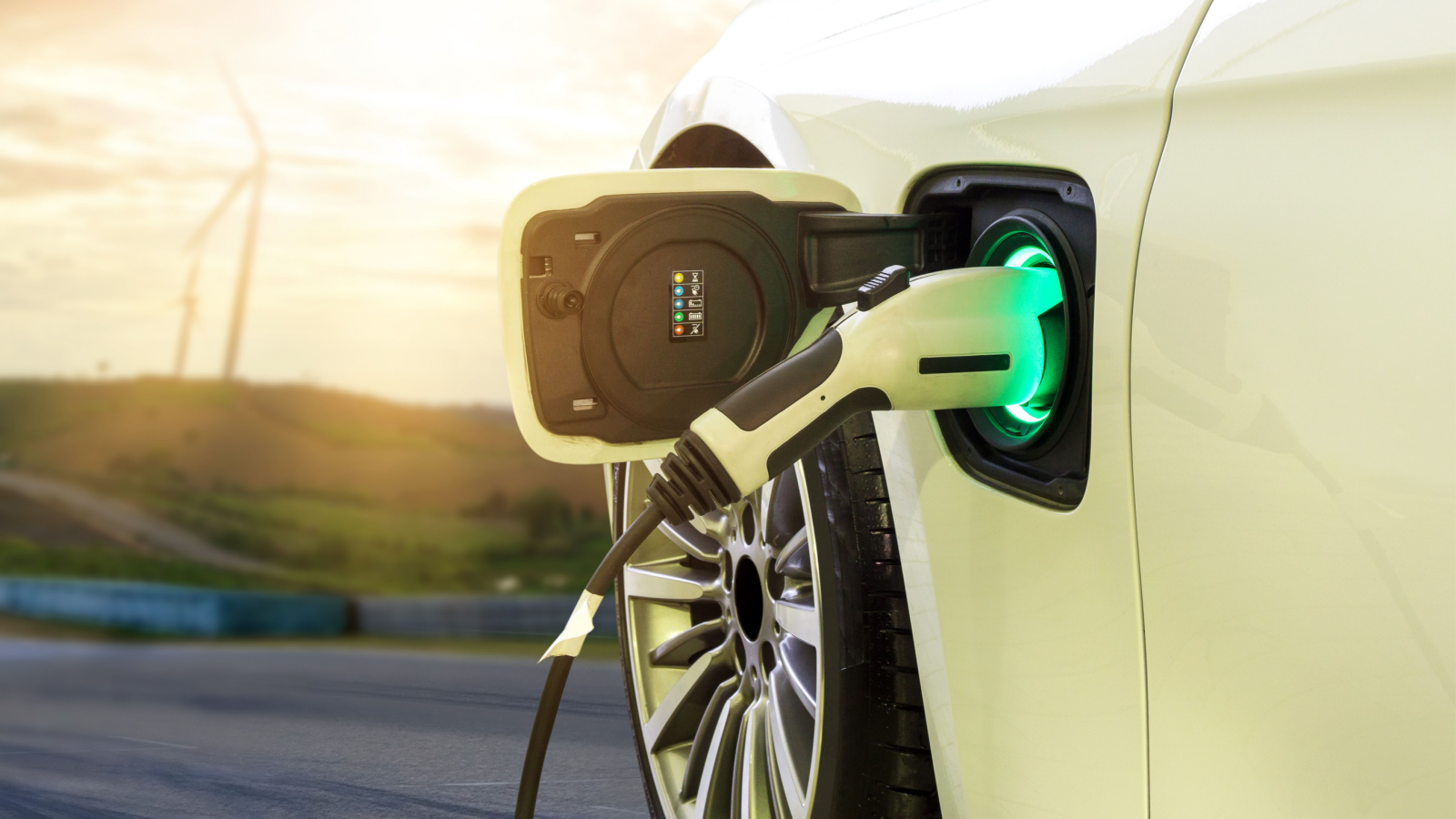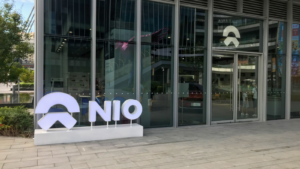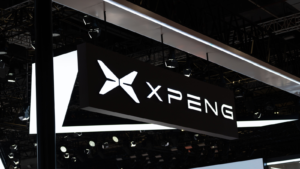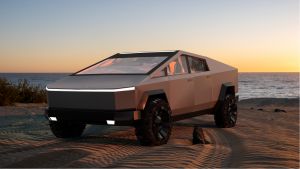
There was big news at the start of this year amid Apple (NASDAQ:APPL) canceling its Apple car project, which originally attracted a large amount of speculation and enthusiasm from investors. However, from these ashes, there are now three stocks for a post-Apple car economy for investors to consider.
The failure of the Apple car now leaves the company without a clear growth driver. Furthermore, the failed auto push underscores Apple’s struggle to diversify beyond its core products like iPhone, and Mac, Bloomberg wrote this week.
Although this may be disappointing, investors can consider some stocks for a post-Apple car economy instead. These companies are picking up where Apple dropped the ball, namely in producing next-generation electric vehicles (EVs) with all the trimmings and smart features that captivated the market.
I chose these three EV stocks for their innovative designs, and what I believe to be bullish prospects for the future. So here are some stocks for investors to consider this month.
Nio (NIO)

Nio (NYSE:NIO) manufactures intelligent EVs in China. It uses artificial intelligence (AI) for advanced driver assistance and autonomous driving features. Some of NIO’s models retain the spirit of the Apple car with its self-driving features and innovative design features.
Some of NIO’s features that could plug the vacuum left by the Apple car include its NT 2.0 platform, which features enhanced advanced driver assistance system (ADAS) capabilities, and its unique battery-as-a-service (BaaS) model. Furthermore, its ET9 luxury sedan, set to launch in the first quarter of 2025, also appeals to that upper-niche market that the Apple car was vying for.
Heading into 2024, NIO anticipates delivering between 31,000 and 33,000 vehicles in the first quarter, indicating a potential slight decrease to a modest increase compared to the same period in 2023. Revenue projections for Q1 2024 range from approximately $1.48 billion to $1.56 billion, suggesting a slight decrease to a small increase year-over-year.
XPeng (XPEV)

XPeng (NYSE:XPEV) is a Chinese EV manufacturer that produces SUVs, sports sedans and family sedans.
Like with NIO, XPEV may help quench investors thirst for cutting-edge EVs, as it has made notable strides with its X NGP (Navigation Guided Pilot), has an advanced ADAS, and it started exploring the electric vertical takeoff and landing (eVTOL) sector as well. The Apple car was all about exploring innovation, and XPEV is one company that’s at the forefront of this trend in the industry.
Then, in terms of its deliveries and overall operational performance, things are looking positive. For instance, in January 2024, XPeng reported delivering 8,250 vehicles, marking a notable 58% increase year-over-year.
The company also has plans to extend its footprint in Europe, targeting major markets such as Germany, Britain and France.
So while XPEV retains the Apple car’s advanced features, it is still a strong EV choice in its own right. With what I consider to be a clear path towards high profitability.
Tesla (TSLA)

Tesla (NASDAQ:TSLA) is the last stock to buy for a post-Apple car economy. I still think that TSLA is at the forefront of the EV industry, and this won’t change anytime soon.
While other brands like NIO and XPEV are perhaps a fit due to the features on their vehicles, I think that TSLA is a good choice due to its substantial infrastructure and operations that are moving the EV industry forward. This is part of what the Apple car set out to do with its innovative design, and TLSA continues to hold that torch.
For instance, Tesla has seen a 40% year-over-year increase in its energy generation and storage revenue and a 32% increase in services and other revenue. Tesla also plans to invest $10 billion in capital in fiscal year 2024 to develop its facilities further.
There are some problems for TLSA now and on the horizon that I feel that the company is equipped to handle. Challenges include decreasing margins due to production ramp-up costs for new models like the Cybertruck, and manufacturing difficulties, especially with materials like stainless steel.
However, I think for long-term investors, TSLA will continue to hold its crown as one of the top EV stocks in the U.S.
On the date of publication, Matthew Farley did not have (either directly or indirectly) any positions in the securities mentioned in this article. The opinions expressed are those of the writer, subject to the InvestorPlace.com Publishing Guidelines.




